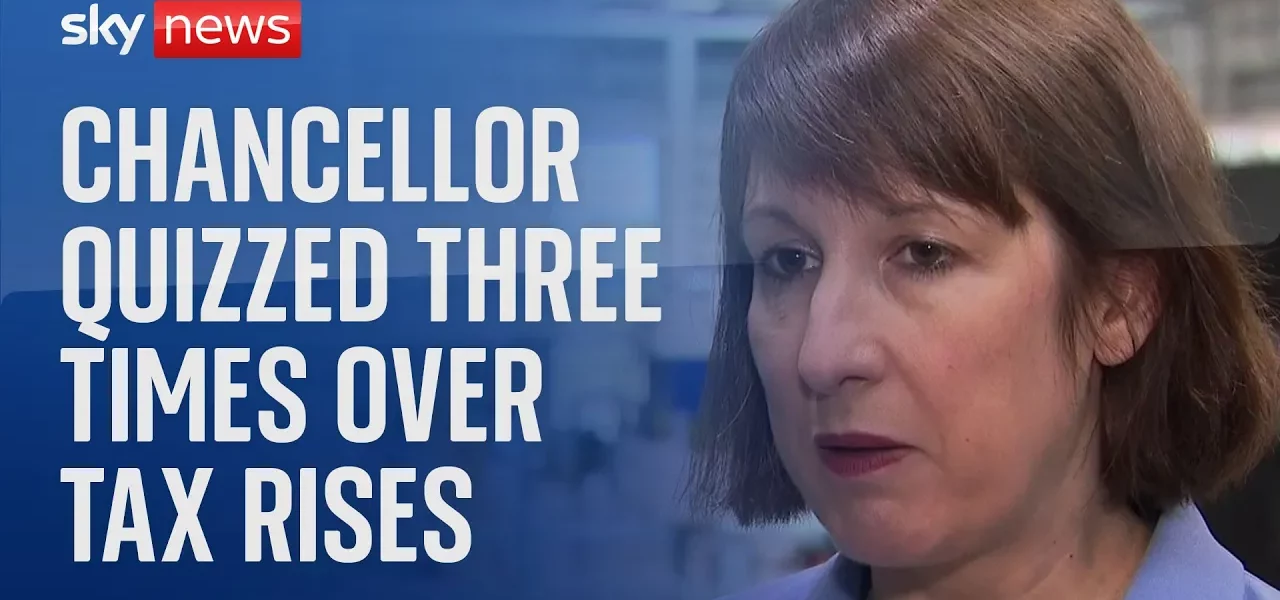UK Public Finances: Facing Challenges and Opportunities for Growth

The UK is currently navigating a complex landscape of public finances, marked by a significant fiscal deficit and the pressing need for strategic economic growth. This article explores the implications of recent government decisions, the challenges inherited from previous administrations, and the pathways to revitalizing the economy.
Introduction
The UK government has recently revealed a staggering £22 billion black hole in public finances, a legacy of unfunded commitments made by the previous Conservative administration. This situation has necessitated difficult decisions aimed at stabilizing the economy and ensuring fiscal responsibility. As the current government grapples with these challenges, the focus shifts to long-term strategies for economic growth and sustainability.
The Financial Landscape: Understanding the Black Hole
The £22 billion deficit is not merely a number; it represents a significant burden on the country’s financial stability. Here’s how it came to be:
- Unfunded Commitments: During the election campaign, the previous government made several promises without securing the necessary funding.
- Economic Mismanagement: Poor fiscal policies led to rising interest and mortgage rates, putting additional pressure on families.
- Pension Risks: The financial instability has also jeopardized pension schemes, raising concerns for future retirees.
These factors have compounded the existing challenges, making it imperative for the current administration to act decisively.
Challenges Ahead: The Need for Difficult Decisions
Upcoming Budget Decisions
As the government prepares for the upcoming budget release, difficult decisions will inevitably arise. The Chancellor has acknowledged the need for comprehensive fiscal strategies that may include:
- Adjustments in welfare spending
- Tax reforms aimed at increasing revenue
- Measures to stimulate economic growth
The Debate on Taxation
One pressing question among citizens and stakeholders alike is whether taxes will increase. The Chancellor’s response highlights the complexity of budgeting:
“I’m not going to write a budget two months ahead of delivering it,” he stated, emphasizing the unpredictable nature of economic conditions.
Growth as a Priority: Revitalizing the UK Economy
Despite the challenges, there are significant opportunities for growth across various sectors. The government is focusing on:
Advanced Manufacturing and Technology
Investing in advanced manufacturing is crucial for economic revival. Key areas include:
- Shipbuilding
- Green Technologies
- Space and Satellite Industries
Rebuilding Economic Foundations
The UK economy, once the fastest-growing in the G7, must rebuild its foundations after years of stagnation. This involves:
- Encouraging innovation and technological advancements
- Fostering a skilled workforce
- Creating a favorable environment for businesses
These initiatives are essential to ensure that public spending is sustainable and that the tax burden on citizens is kept at manageable levels.
Conclusion
The current state of UK public finances presents a daunting challenge, but it also offers a unique opportunity for growth and reform. As the government prepares for the upcoming budget, the emphasis must be on making tough decisions that prioritize economic stability and growth. Citizens are encouraged to stay informed about these developments and engage in discussions about the future of the UK economy. For further insights and updates, explore our related articles.
“`




